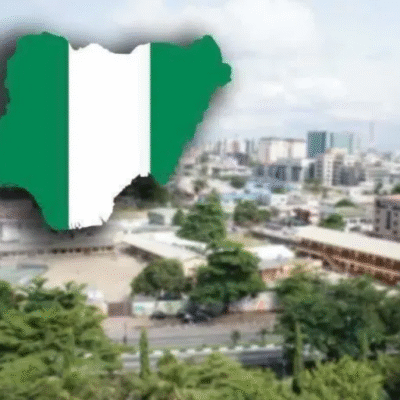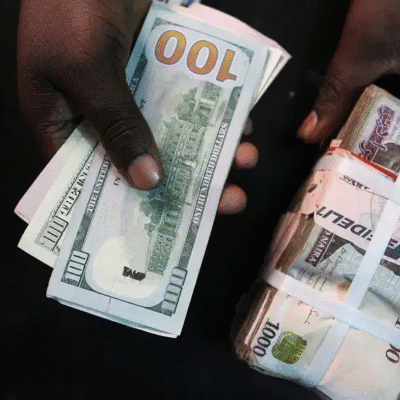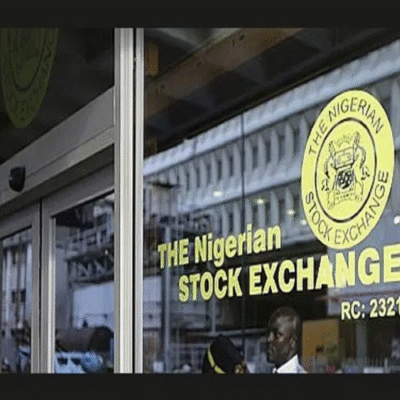
Abuja, Nigeria | [Current Date] – The Federal Government has launched a comprehensive review of Nigeria’s trade policies and investment frameworks, aiming to position the country as Africa’s premier investment destination and enhance its export competitiveness in global markets.
Key Reforms Underway
1. Trade Policy Overhaul
- AfCFTA Optimization: Nigeria is refining its African Continental Free Trade Area (AfCFTA) implementation strategy to maximize benefits for local businesses.
- Export Diversification: Focus on non-oil exports (agriculture, solid minerals, and manufacturing) to reduce dependency on crude oil.
- Digital Trade: New e-commerce regulations to facilitate cross-border digital transactions.
2. Investment Climate Reforms
- Ease of Doing Business: Streamlining business registration, permits, and customs processes to attract FDI.
- Tax Incentives: Proposed reductions in corporate tax for export-oriented industries.
- Infrastructure Boost: Special economic zones (SEZs) and logistics hubs to enhance trade efficiency.
Why This Matters
📈 Economic Growth: A more competitive trade environment can stimulate GDP growth and job creation.
🌍 Global Integration: Improved policies align Nigeria with international trade standards.
💰 Investor Confidence: Transparent regulations and incentives may attract multinational corporations.
Government & Private Sector Collaboration
- Nigerian Export Promotion Council (NEPC): Expanding market access for SMEs.
- Nigeria Customs Service (NCS): Implementing tech-driven trade facilitation.
- Manufacturers Association of Nigeria (MAN): Advocating for reduced import tariffs on raw materials.
Challenges & Solutions
⚠️ Bureaucratic Bottlenecks: Automation of export/import processes underway.
⚠️ Infrastructure Gaps: Public-private partnerships (PPPs) to upgrade ports and highways.
⚠️ Foreign Exchange Constraints: CBN introducing flexible forex policies for exporters.
Expected Outcomes
- 20% increase in non-oil exports by 2025 (FMITI projection).
- Top 100 global ease-of-doing-business ranking (currently 131st).
- Higher FDI inflows into agro-processing, tech, and renewable energy sectors.
Next Steps
📅 Q3 2024: Draft policy presentation to the National Economic Council.
📅 Q4 2024: Stakeholder consultations with chambers of commerce and investors.
📅 2025: Full implementation of revised trade and investment policies.
#NigeriaRising #TradeReforms #InvestInNigeria
Editor’s Note: Businesses should monitor FMITI and NEPC updates to leverage new opportunities.
(Sources: FMITI, NEPC, World Bank Ease of Doing Business Report)






